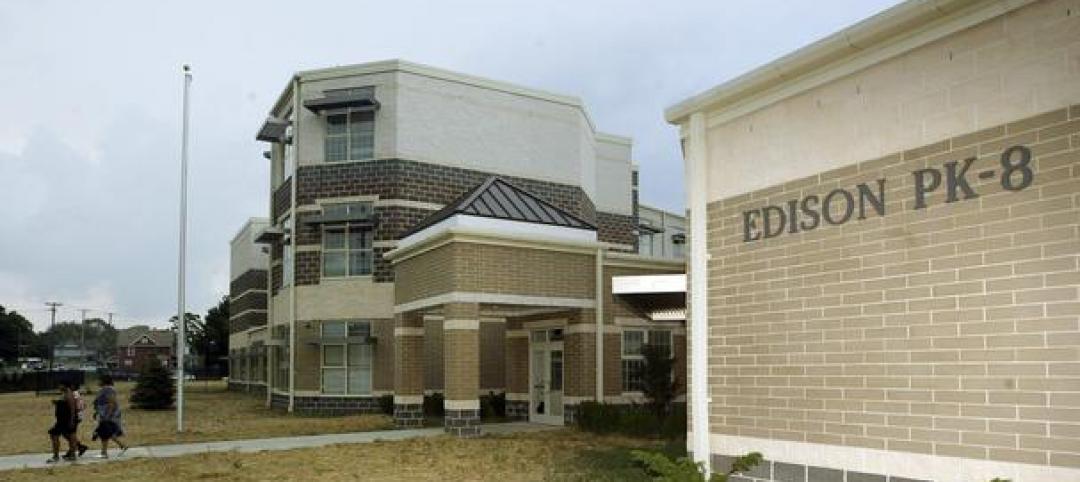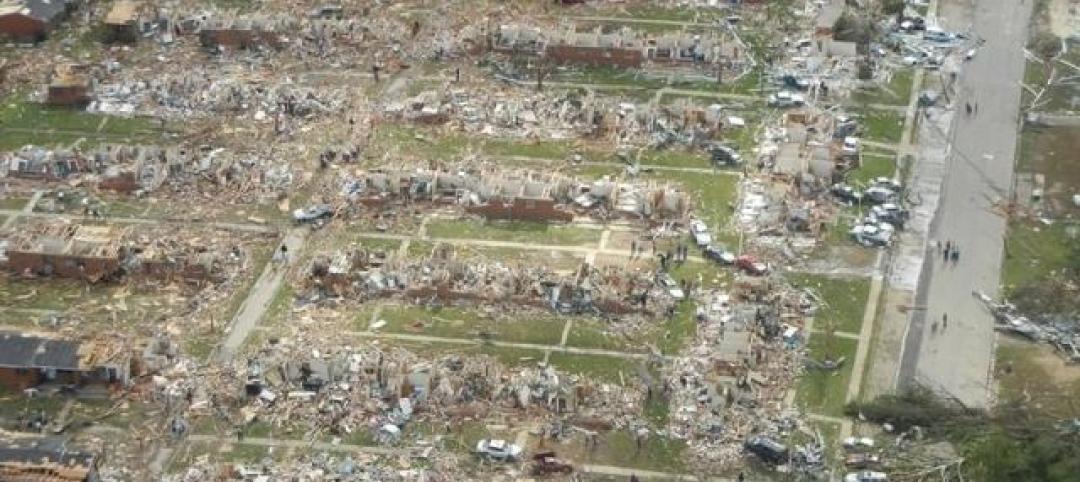Local building code officials should be involved early in a project to produce better building performance, according to a new white paper by the National Institute of Building Sciences National Council on Building Codes and Standards (NCBCS).
Engaging Code Officials Early in the Process to Achieve High-Performance Buildings makes the case for code officials to act more as collaborators and facilitators on projects. This will result in the building team being able to better tap into the expertise of codes officials.
“Many communities are adopting customer-service focused models to engage with their citizens,” the white paper says. “The code department can and should serve as a shining example of a customer-centered municipal function, while maintaining its important mission of assuring community safety.”
“Involving code officials, such as building, fire, mechanical and plumbing officials early in the project provides the project team with comprehensive client services while helping to deliver predictable enforcement expectations. This initial engagement creates a link between stakeholders, economic development and health, safety, and welfare by involving the relevant authorities.”
The white paper offers suggestions for implementing a more collaborative approach and addresses potential challenges. It includes a draft meeting agenda for jurisdictions to reference when setting up initiation meetings with teams when beginning new projects.
Related Stories
| Dec 22, 2011
Federal home weatherization program has impacted 6.8 million homes
More than 6.8 million homes have been weatherized using federal, state, utility, and other funds under the American Recovery and Reinvestment Act.
| Dec 22, 2011
Group developing BIM data standards
A collaboration among Georgia Tech’s Digital Building Lab, the Precast Concrete Institute, the American Concrete Institute, and the American Institute of Steel Construction aims to develop global standards for transportation of three-dimensional digital models among fabricator, architecture, engineering, and construction groups.
| Dec 22, 2011
New green code spells out thermal requirement for roof retrofits
The 2012 International Green Construction Code (IgCC) includes a straightforward approach to minimum thermal requirements for roof and wall systems.
| Dec 22, 2011
AGC’s safety conference Jan. 11-13 in San Antonio
The Associated General Contractors of America’s national meeting for safety and health professionals will take place Jan. 11-13, 2012 in San Antonio, TX.
| Dec 22, 2011
Proposed New York City zoning revamp encourages rooftop solar and wind energy
New zoning regulation proposals to make it easier for building owners in New York City to make their structures more sustainable have entered the public approval process.
| Dec 15, 2011
Dayton, Ohio schools saving $2.6 million annually by building to LEED
On average, green schools save about $100,000 a year on operating costs, including energy and water savings.
| Dec 15, 2011
Building to LEED standards can pose new risks for construction workers
Workers on these projects suffer a 24% increase in falls to lower levels during roof work, which researchers attributed to the installation of solar panels, and a few other risks.
| Dec 15, 2011
NRDC charges Maine governor with weakening green wood requirement
The FSC program is administered through the Leadership in Energy and Environmental Design (LEED) and requires wood to be harvested in a sustainable way.
| Dec 15, 2011
Post-tornado, Tuscaloosa seeks to create walkable urban, retail areas
Block sizes initially were limited to a maximum perimeter of 1,750 feet, with no side of the block being longer than 500 feet.
| Dec 15, 2011
Allentown, Pa. city council asked to repeal union-friendly law
The mayor of Allentown, Pa. asked the City Council to repeal a year-old ordinance that forces contractors to hire union workers for large city projects funded with state and federal dollars.
















